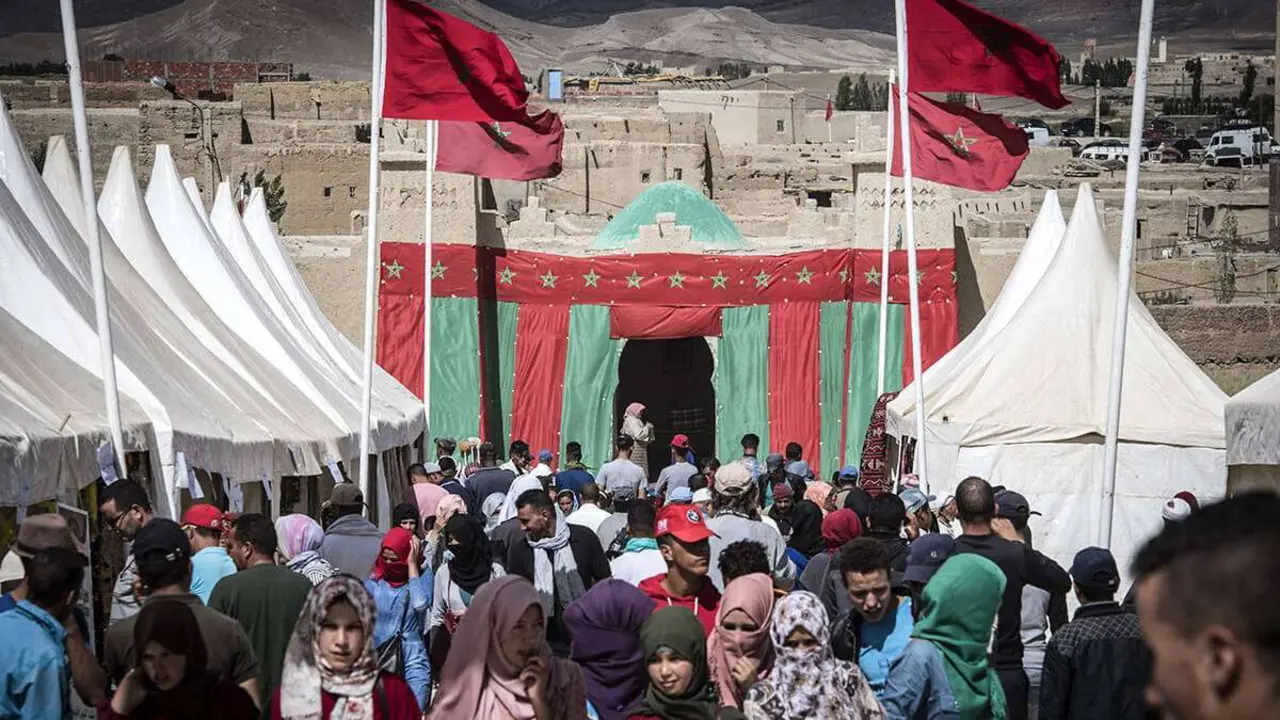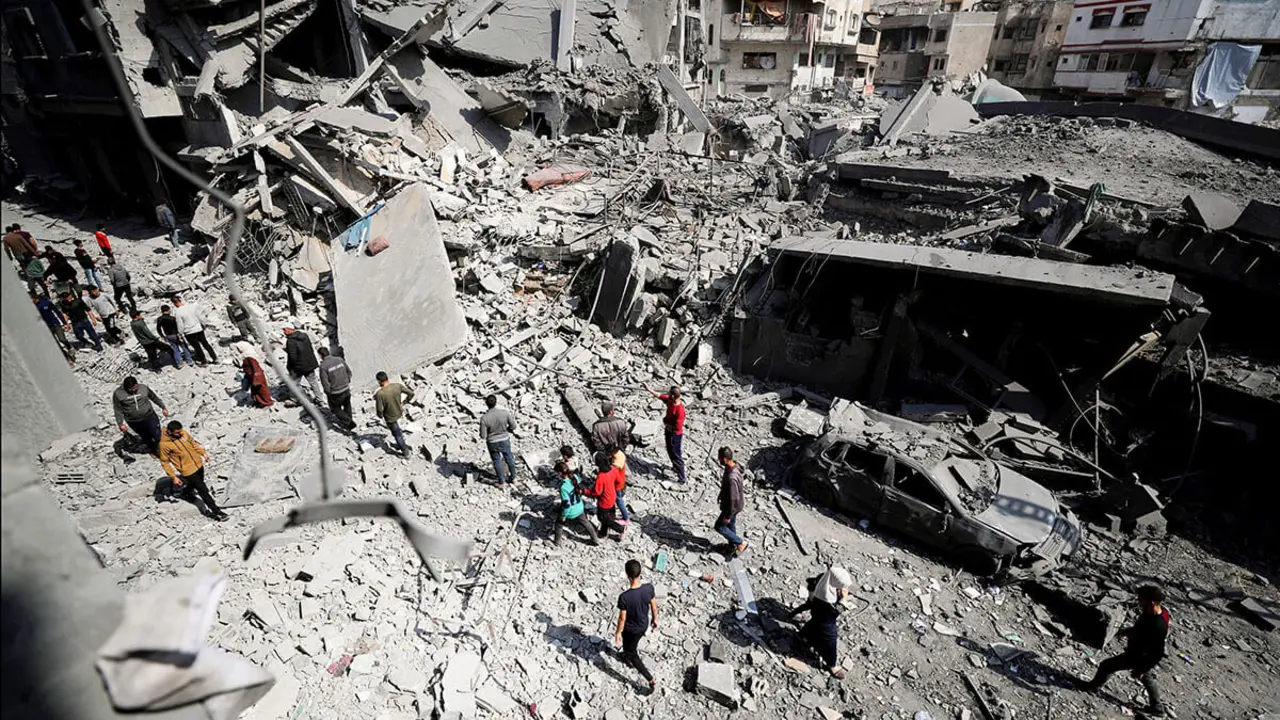Compulsory burqa, new law to restrict Afghan women's freedom

The Taliban are once again violating women's rights in Afghanistan. The government formed after the uprisings of August last year continues to impose increasingly severe restrictions on Afghan women, whose freedom is being violated. This time, the Ministry of Propagation of Virtue and Prevention of Vice has issued a law forcing women to cover their bodies completely, making the wearing of the burqa compulsory.
From now on, the burqa will be compulsory in public places for all women, including girls also within this law. The measure becomes even more restrictive for those who are civil servants or work in a relevant department. The Taliban have imposed that in case they do not wear proper dress, they can be dismissed from their posts.

The law has also been issued to punish the men on whom these women depend. They will also face collateral consequences if they do not cover their bodies and measures have been imposed such as being dismissed from their jobs. The country's authorities will also be obliged to inform the man of the house so that he will be the one to solve the problem. If the case is repeated, he will have to go to court and may be detained for three days and then brought to court, where he will be punished.
The news brings the situation of women in the territory back into the spotlight. Several media outlets have been able to talk to some women about how they are experiencing this new law. According to the Associated Press, Arosa, an Afghan mathematics teacher, was angry about the decree, but at the same time fearful of what might happen.
Afghan women protest against the barbaric and misogynistic Taliban forced Hijab and Burqa rule in Afghanistan. pic.twitter.com/DRjlWhDXSa
— Omaid Sharifi (@OmaidSharifi) May 9, 2022
For her, the government seems to be forcing citizens to leave their country, which is the only viable solution, "why stay here if they don't want to give us our human rights? We are human beings", she told the press.
Another of these women, Shabana, told the media that the government is just trying to suppress women everywhere, as if they do not exist. "Women in Afghanistan wear the hijab, many of them wear burqas, but it's not about the hijab, it's about the Taliban wanting to make us invisible," she told the Associated Press.

Since 15 August, the Taliban seized power by taking over Kabul and expelled the government that formed the former Islamic Republic of Afghanistan. Now, the country has become a prison for women, with women being the most persecuted and the most restricted on the list of measures imposed.
At the moment, girls are only allowed to receive education up to the sixth grade, with girls over the age of 12 forbidden to attend secondary schools. The Taliban argue that women are not allowed to receive education because they violate the principles of Islam and the Koran.
Indoor female protesters in Afghanistan say the Taliban are violating woman’s rights every day and that their new decree regarding the all-covering burqa is not Islamic.
— Rukhshana Media (@RukhshanaMedia) May 8, 2022
They urge the international community to do more than condemning. pic.twitter.com/KDl6rNhmpQ
Another violation is the fact that they always have to travel with a male relative. The Taliban have even forced a number of airlines to impose this restriction when buying a ticket or letting a woman on the plane.
There are also some measures prohibiting them from wearing high heels. The Taliban argue that men may become aroused by the sound of high heels, which is against Sharia law. They are also forbidden to raise their voices or speak loudly in public, as no one other than the husband or a relative can hear a woman's voice. Even child marriages have been reinstated as soon as girls get their first period or before.

The Taliban Executive is standing alone in the world. There is no global potential to support the formation of its government, so its international recognition is very stagnant and it is facing many internal crises. Most notably the economic crisis, which is worsening as time goes on, and the various restrictions that are leading to divisions between the different political movements.








